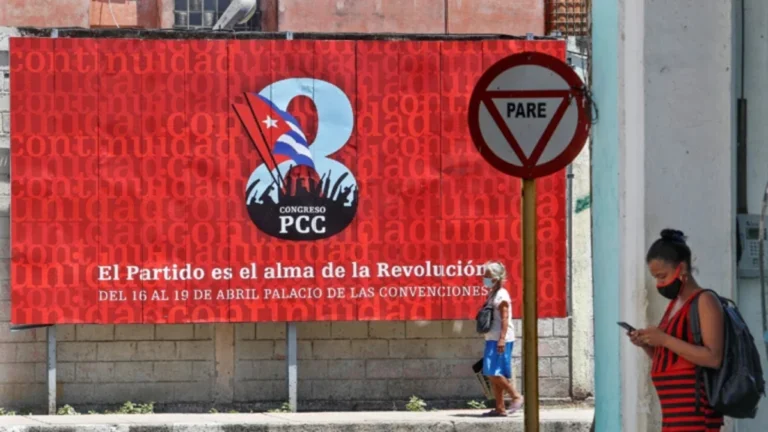The Cuban Communist Party’s Central Committee Holds Its 10th Plenary Session

Photo: EFE
July 4, 2025 Hour: 7:39 am
It will address issues of vital importance to the country’s economy and society, said PM Marrero.
On Friday and Saturday, the Central Committee of the Communist Party of Cuba (PCC) will hold its 10th plenary session in Havana.
RELATED:
Mexico and Cuba Sign 2025-2028 Tourism Cooperation Program
During the meeting, Cuban leaders will address issues of vital importance to the country’s economy and society, with a direct impact on the population, said Manuel Marrero, Cuba’s prime minister and a member of the PCC’s Political Bureau.
Key agenda items include an assessment of the government’s progress in implementing its program to correct economic distortions and revitalize the economy, as well as an evaluation of the plan to stabilize the National Electroenergetic System.
Marrero emphasized that the meeting takes place amid a tightening of the U.S.-imposed economic, commercial and financial blockade, which adds complexity to the challenges facing Cuba. However, He affirmed that “the unity of the Cuban people and the collective pursuit of solutions continue to chart the nation’s path.”
The 10th Plenum will also review the cadre policy strategy approved at the PCC’s 8th Congress in April 2021 and will present a proposal for the commemorative program marking the centennial of the birth of former leader Fidel Castro, to be celebrated in 2026.
Additionally, the PCC’s Central Committee First Secretary and Cuban President Miguel Diaz-Canel announced that the official call for the party’s 9th Congress will be made during the session.
As part of the meeting, the PCC’s Political Bureau will report on its work and key decisions taken in recent months—an exercise deemed essential under current circumstances.
Other topics Cuban leaders will discuss include increasing and diversifying the country’s external revenue streams; restructuring and developing the socialist state enterprise sector; improving strategic management for territorial development; strengthening policies to protect vulnerable individuals, families and communities; and implementing measures to prevent and reduce crime and corruption.
teleSUR/ JF
Source: Granma






